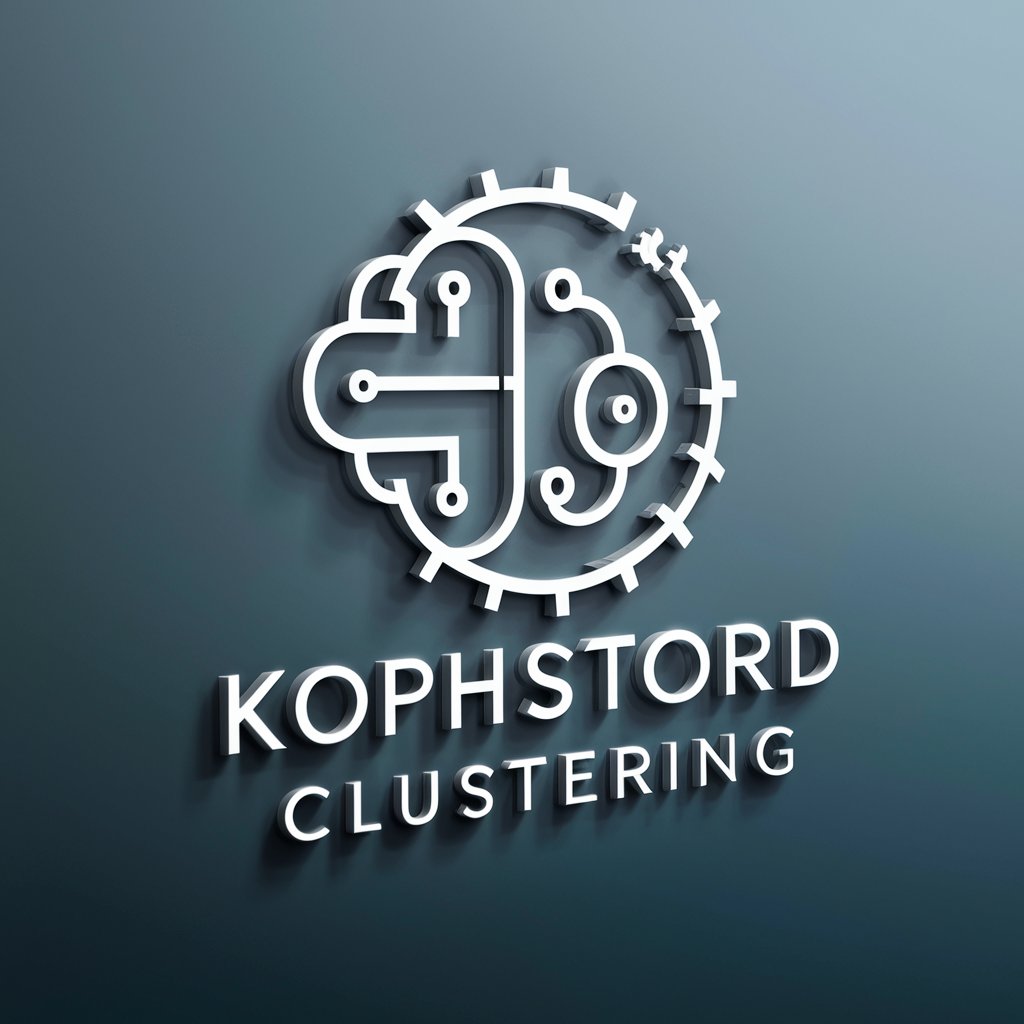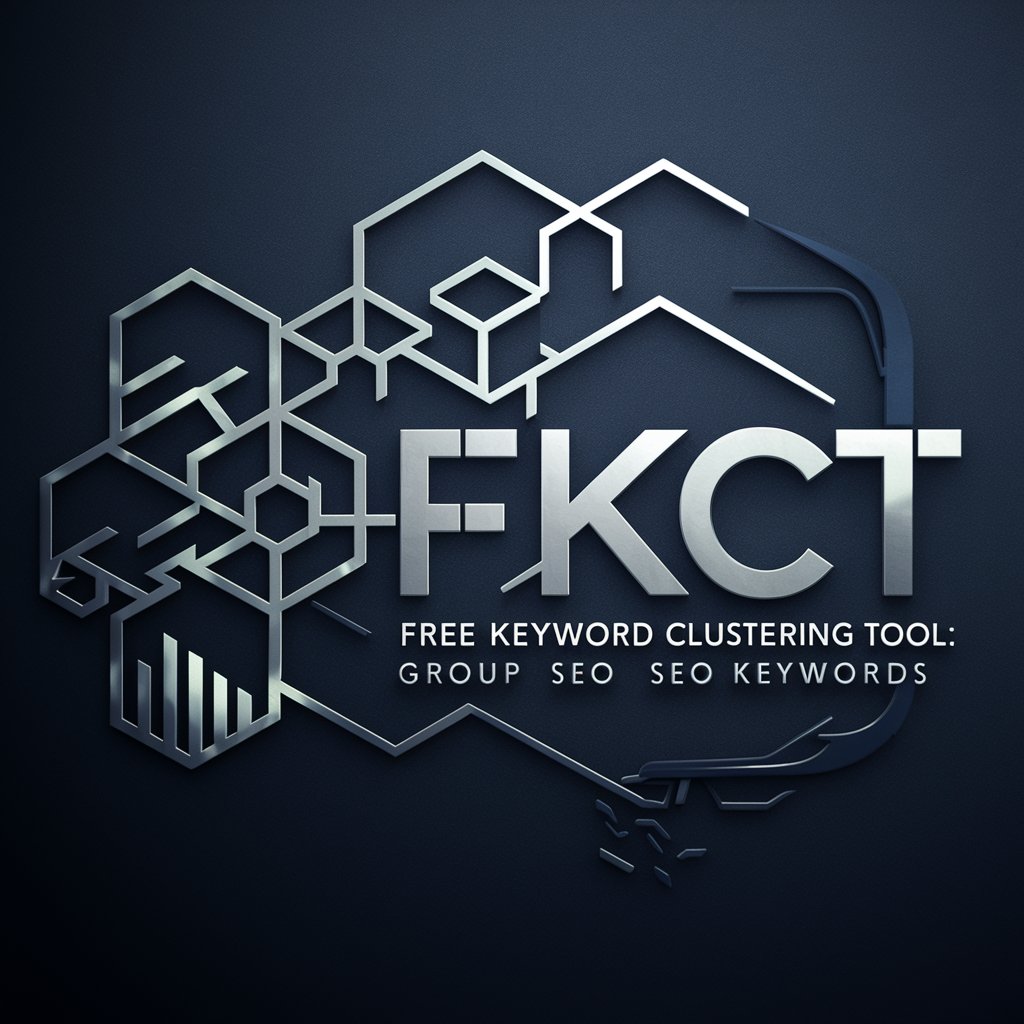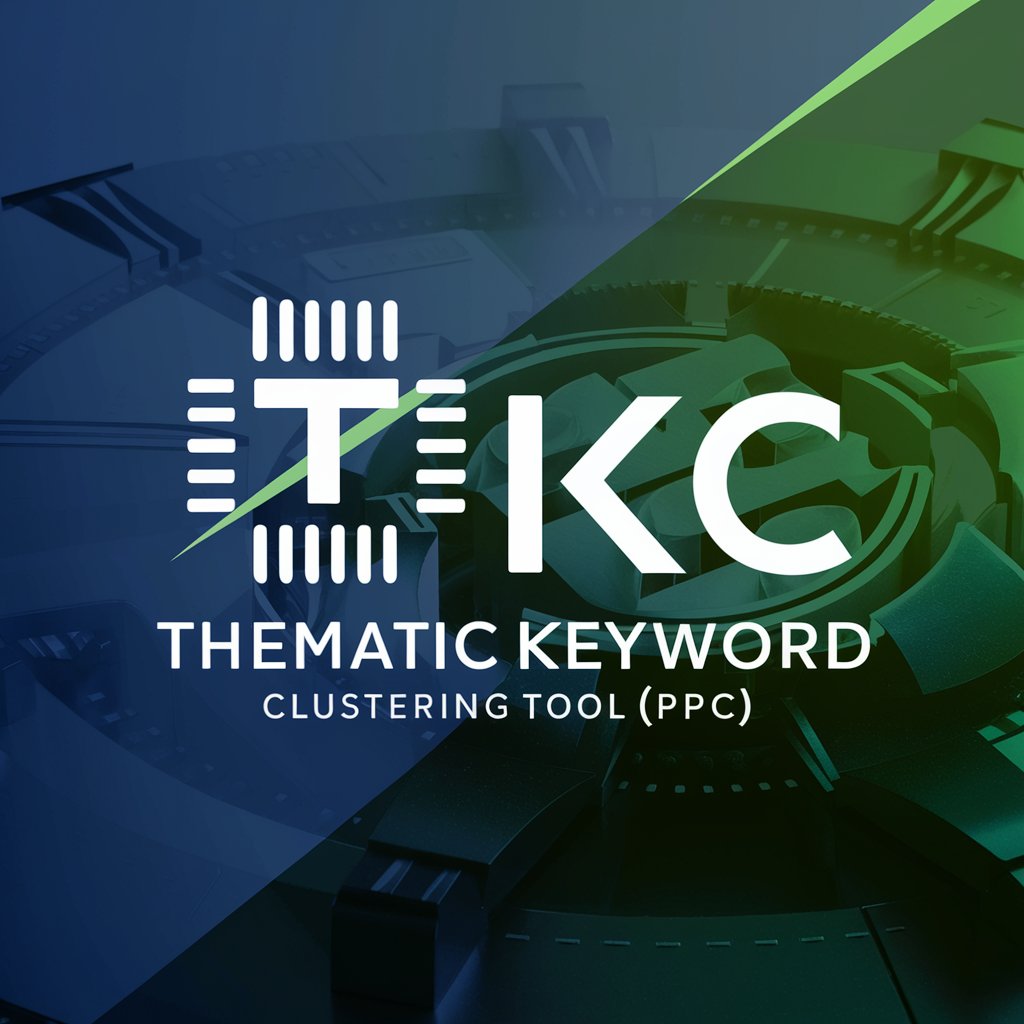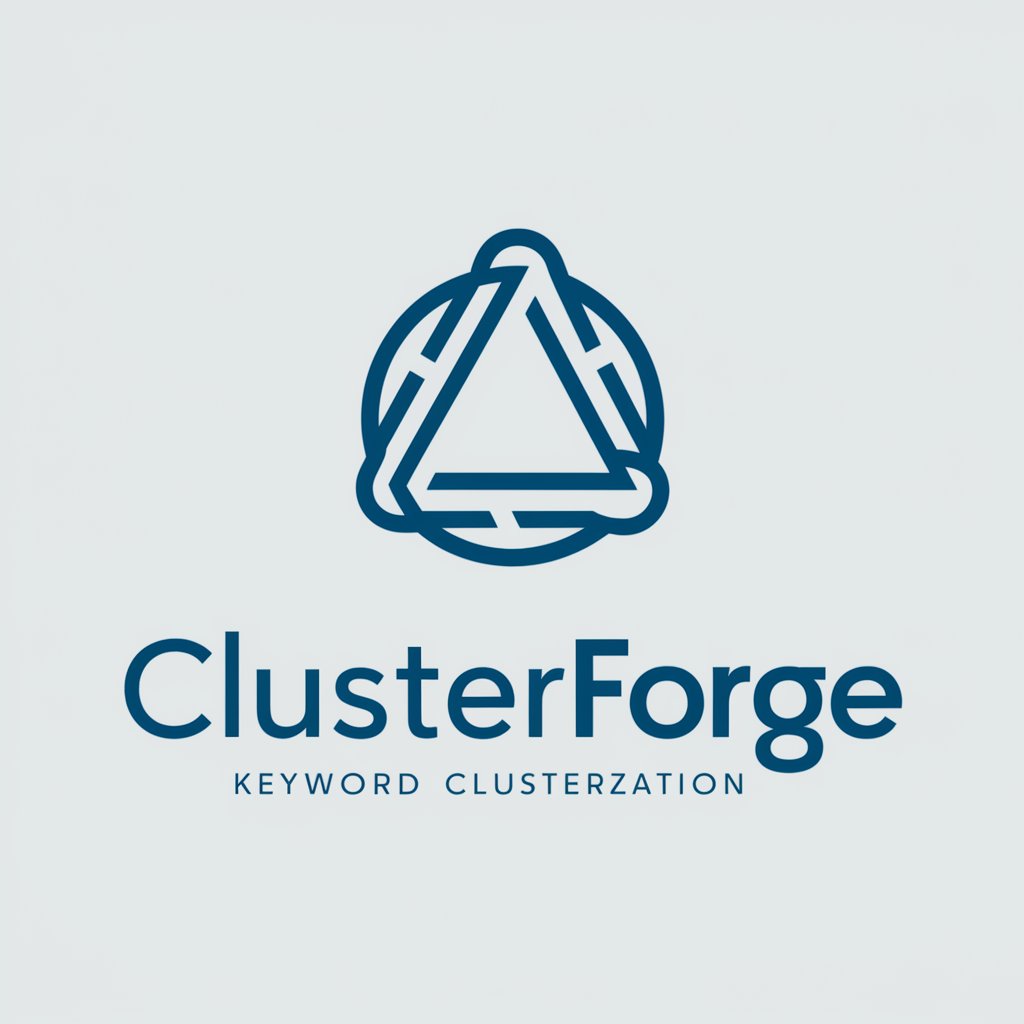
Keyword Clustering - Semantic Grouping Tool

Hello! Let's optimize your keywords.
Streamline SEO with AI-driven Clustering
Cluster My Keywords by analyzing the provided list and website URL...
Calculate My Keyword Clustering Score using the DoggoSEO methodology...
Optimize my content strategy with effective keyword clustering...
Generate keyword clusters to avoid cannibalization and improve SEO...
Get Embed Code
Introduction to Keyword Clustering
Keyword Clustering is a strategic process in SEO and content strategy that involves grouping related keywords based on their search intent, relevance, and the similarity of search engine results pages (SERPs). The primary purpose of keyword clustering is to improve website organization, enhance SEO efforts, and create a more effective content strategy by identifying how different keywords related to the same topic or user intent can be targeted within the same piece of content or on the same site page. This approach helps avoid keyword cannibalization—where multiple pages of the same website compete against each other in search results for the same keywords—and ensures a more streamlined, user-friendly navigation experience. For example, a digital marketing blog might cluster keywords related to 'SEO best practices', 'SEO tips for beginners', and 'advanced SEO strategies' together to create a comprehensive guide that addresses the entire spectrum of search intent related to SEO learning. Powered by ChatGPT-4o。

Main Functions of Keyword Clustering
Avoiding Keyword Cannibalization
Example
For a website selling outdoor gear, clustering keywords such as 'lightweight backpacking tent' and 'ultralight tent for hiking' together for a single, authoritative product review page prevents multiple pages from competing for the same queries.
Scenario
This function is particularly useful in e-commerce and content-heavy websites, where a clear hierarchy of content can direct users to the most relevant page, improving both user experience and search engine rankings.
Enhancing Content Strategy
Example
A health and wellness site can use keyword clustering to identify and group related search queries like 'healthy eating tips', 'diet plans for weight loss', and 'nutrition advice for beginners'. This enables the creation of detailed, topic-centric content that serves a broader audience.
Scenario
Content creators and marketers leverage this function to develop comprehensive guides, blog posts, and landing pages that cater to various aspects of a single topic, thus attracting a wider audience and boosting engagement.
Improving SEO and User Experience
Example
By clustering keywords such as 'best coffee machines 2024' and 'coffee maker reviews', a review site can optimize a single, in-depth review page for multiple related search intents, improving its SERP rankings.
Scenario
SEO specialists and website owners apply keyword clustering to align their site structure and content with user search behavior, ensuring that visitors find the information they seek more efficiently, which in turn can reduce bounce rates and increase conversions.
Ideal Users of Keyword Clustering Services
SEO Specialists and Digital Marketers
Professionals focused on optimizing websites for search engines and enhancing online visibility. They benefit from keyword clustering by creating targeted content strategies that improve SERP rankings and user engagement.
Content Creators and Bloggers
Individuals or teams producing articles, guides, and posts seeking to attract organic traffic through search engines. Using keyword clustering, they can ensure their content comprehensively covers a topic, catering to a wider range of search intents.
E-commerce Website Owners
Online retailers aiming to maximize product visibility and sales through search engine optimization. Keyword clustering helps them organize product listings and content to match specific customer search queries, enhancing the shopping experience and potentially increasing sales.

How to Use Keyword Clustering
Start with Yeschat.ai
Initiate your journey by exploring Yeschat.ai for a free, no-login trial. This step allows you to experience keyword clustering without any commitment or the need for a ChatGPT Plus subscription.
Gather Your Keywords
Compile a comprehensive list of keywords relevant to your content or niche. This foundational step ensures that the clustering process is tailored to your specific needs and goals.
Analyze and Group
Utilize the keyword clustering tool to analyze your keywords. The tool groups them based on semantic similarity and search intent, helping you understand how to structure your content for SEO and user engagement.
Review and Refine
Examine the generated clusters carefully. Refinement may be necessary to align the clusters more closely with your content strategy or to adjust for any overlooked semantic relationships.
Implement Insights
Apply the insights from your keyword clusters to guide the creation of focused and relevant content. This strategic approach enhances both search engine visibility and user experience.
Try other advanced and practical GPTs
Software Scout
Unleash AI's power to discover software

FluentFriend
Bridging languages with AI-powered ease.

Consultant référencement naturel - SEO Consultant
Elevate Your SEO Game with AI-Powered Insights

AI Hippo™ - Detective
Solve Mysteries with AI-Powered Clues

AI Hippo™ - Ducky Days
Your Chatty, Travel-Savvy Duck Friend

AIRZ Search Summarizer
Simplify research with AI-powered summarization.

Cybernexus: Neo Tokyo 2037
Hack, Explore, and Unravel Neo Tokyo's Secrets

Python Function Generator
Crafting Code with AI-Powered Precision

ConsultingGPT
Empowering Decisions with AI-Driven Consulting

射雕英雄传:迎娶高富美人生走向巅峰
Embark on a Legendary Martial Arts Journey

techtalk.travel GPT
Navigating Hospitality Tech with AI Expertise

British Baseball Historian
Unveiling British Baseball, AI-Powered

Keyword Clustering Q&A
What is Keyword Clustering?
Keyword Clustering involves grouping keywords based on their semantic similarity and search intent. It's a strategic approach used in SEO and content marketing to create more focused and relevant content that aligns with user queries.
Why is Keyword Clustering important for SEO?
By organizing keywords into clusters, you can tailor your content to more specific audiences and search intents. This leads to better search engine rankings, as it reduces keyword cannibalization and enhances the relevance of your content to targeted queries.
Can Keyword Clustering help with PPC campaigns?
Absolutely. Keyword clustering enables you to group your PPC keywords more effectively, allowing for more targeted ad groups. This results in higher click-through rates, improved quality scores, and overall, a more efficient ad spend.
How does Keyword Clustering improve content strategy?
It provides a structured framework for content creation, enabling you to focus on specific subtopics within your niche. This not only improves SEO but also ensures your content is comprehensive, covering all relevant aspects of a topic to meet user needs.
What tools are available for Keyword Clustering?
Several online tools and software, including Yeschat.ai, offer keyword clustering functionalities. These tools use advanced algorithms to analyze search intent and semantic similarity, facilitating the clustering process for SEO professionals and content marketers.





